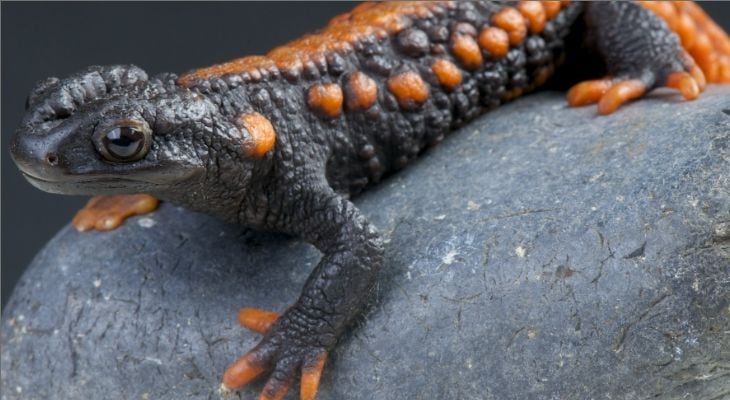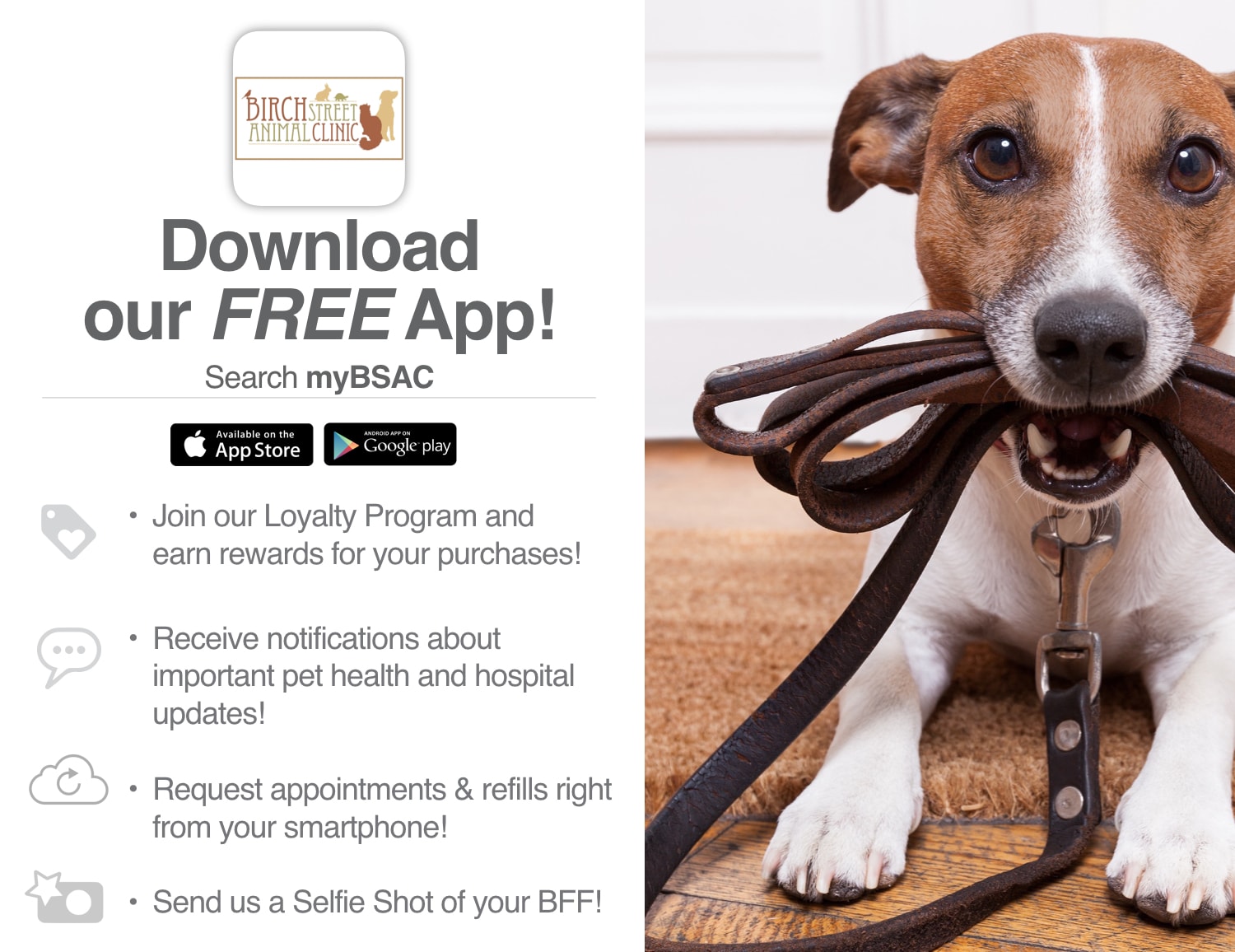
Are you considering getting a pet newt? Newts may not be the most obvious choice for a pet, but as many veterinarians can tell you, newts are the smart pet choice for a variety of compelling reasons.
Newts are sentient creatures; that is, they are self-aware and capable of forming bonds with humans. If you get your newt as a youngster, you’ll find that it develops a very special bond with you over time. However, you should know that most newts are not sold as “babies.” The newts you find for sale in pet stores are typically in a young adult stage.
What to Know About Newts
Newts are very active. They are naturally curious and will “nose about” in their habitat, looking for new areas to explore, searching for food, and interacting with fellow newts or other tank mates.
They should not be excessively handled. They are more of a “look but don’t touch” kind of pet. But that’s okay. Your newt will enjoy interacting with you without feeling the need to be held or cuddled. It will be curious about you, so you should set up the tank in a lively area of your home, like the living room or kitchen. Don’t put its tank someplace that is too dark or quiet. Your newt may feel ignored or get bored with the lack of things to watch.
Caring For Your Pet Newt
Talk to a veterinarian about your specific newt’s needs. Since there are so many varieties of newts, there are variations having to do with what they eat and what other kinds of reptiles that your pet newt can live with in a peaceful way.
In general, though, you’ll want to provide a large aquarium for your pet newt that has water as well as surfaces above the water line for your newt to bask. Typically, newt owners provide large rocks as well as water plants where your newt can climb and frolic.
The habitat must be free from chemicals, too. You cannot use tap water for your newt habitat because there can’t be any chlorine in the water. You can find water preparation kits for your habitat at your pet supply store.
Newts like to eat insects. You can feed them dried shrimp and other reptile food, available from pet shops. There’s a lot to love about having a pet newt. To learn more about why newts make great pets, talk to your veterinarian.

